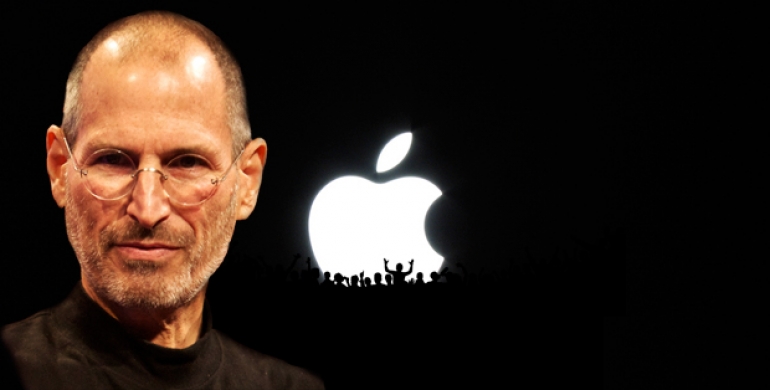Steve Jobs, the co-founder of Apple, died last week and I was quite surprised at the response this news received here in Sri Lanka. I thought it especially good, given the fact that Apple is a relatively unknown brand here, since almost all our computers are run on Microsoft (pirated or otherwise).
Jobs did make an impact worldwide, especially with his smart devices like the iPad and iPhone, which managed to create waves across the globe. Even here in Sri Lanka where they were never really officially launched, these two pieces of equipment by Apple Inc. are fast gaining popularity amongst the elite.
With the passing of Steve Jobs some would like to call it the end of an era. A viral mail which is doing the rounds currently gives the brand another meaning when it says there were three apples that changed the world; the one that Eve ate, the apple that landed on Newton’s head and the half-eaten Apple created by Steve Jobs.
Just for the heck of it, I Googled to check if there was a downside to this unique man and I did find a report filed by Asher Moses in the Sydney Morning Herald on 9 May 2011. It said: “If you’re frustrated at being unable to buy an iPad 2, spare a thought for the Chinese workers who may never be able to afford one of these shiny new gadgets but are literally dying to get them out fast enough to meet Western demand.”
A new report into conditions at Apple’s manufacturing partner Foxconn has found that slave labour conditions remain, with staff complaining of being worked to tears; exposure to harmful disease; pay rates below what is required to survive; and a military-style management that is used to routinely humiliate workers.
To research the compiling of their report, Students & Scholars Against Corporate Misbehaviour (SACOM) visited Foxconn factories in Shenzhen, Chengdu and Chongqing and interviewed 120 of its workers in March and April this year. SACOM is a non-profit Hong Kong-based organisation formed in 2005 to monitor and improve working conditions in Chinese factories.
After about 13 suicides reported at Foxconn factories last year, Apple visited China, and concluded that Foxconn had taken appropriate measures to improve conditions. But despite this, SACOM in its research found that onerous and in some cases illegal working conditions yet remain. Conditions at Foxconn’s two Chengdu factories, which exclusively produce Apple iPads, were among the worst reported. While nets have been installed to catch suicidal workers, factory staff is reportedly required to sign “no-suicide” pacts, which also give licence to Foxconn to institutionalise them if they see fit.
Culturally here in Sri Lanka, it is not right to speak ill of a person after their death. But Apple is not just Steve Jobs. The company will live on, and if it surprises us that this most popular company in the world can get away with this; then all the standards the west keep chucking down our throats from being environmentally conscious to having clean human rights records – they are just a set of rules that are thrown in the air with a selective method of who should follow them and who should not.
At the risk of being accused as insensitive, this is a time to look through the media hype about Apple and the like and how gadgets and gizmos have actually become big and popular. It is not only because of Steve Jobs and his genius that Apple became the brand it is today; a lot of it also owes to the hard work, the sweat shops and even the worker suicides of countries like China, which the Western world pays only lip service to change.
Source : DailyFT (http://www.ft.lk/columns/the-bitten-apple/4-51644)



